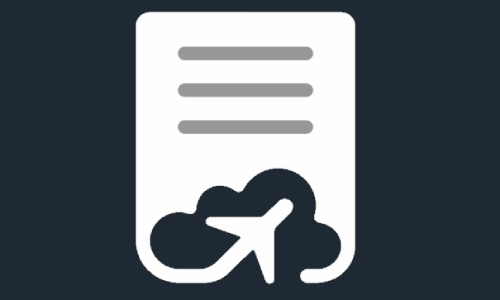Airlines move to cut their staff: In a memo to staff titled “The Survival of British Airways”, boss Alex Cruz warned that job cuts could be “short term, perhaps long term”. The airline industry was facing a “crisis of global proportions” that was worse than that caused by the SARS virus or 9/11.
Meanwhile, Ryanair told staff they may be forced to take leave from Monday.
Norwegian Air, which operates long-haul, low-cost transatlantic flights, on Thursday announced it would be laying off up to half of its staff during the crisis. It has also cut about 4,000 flights.
The pilot’s union Balpa on Friday called for greater government support for the aviation industry and complained that this week’s Budget had not included a cut to Air Passenger Duty (APD) as the industry had lobbied for.
easyJet has cancelled many flights and is no longer flying to Italy, excluding repatriation flights. It has also asked its staff to submit unpaid leave requests, however, is not making any of its staff redundant.
Lufthansa, which is the European airline with the most flights directly affected by the US ban, is to ask the German chancellor, Angela Merkel, to intervene, according to reports in the Handelsblatt newspaper. Lufthansa is said to be considering a range of options to deal with the crisis, including the temporary suspension of most flights across its network.
Air France-KLM are continuing to operate some flights to the US and have yet to confirm what further measures they are taking.
Delta is cutting capacity by 40 percent in the next few months, which is more than it did in 2001 after the September 11 terrorist attacks, and will park 300 aircraft. It will eliminate services to continental Europe while keeping routes to London. It will defer the delivery of new aircraft, reduce capital expenditures by at least $2bn for the year and cut back its use of contractors and consultants.
